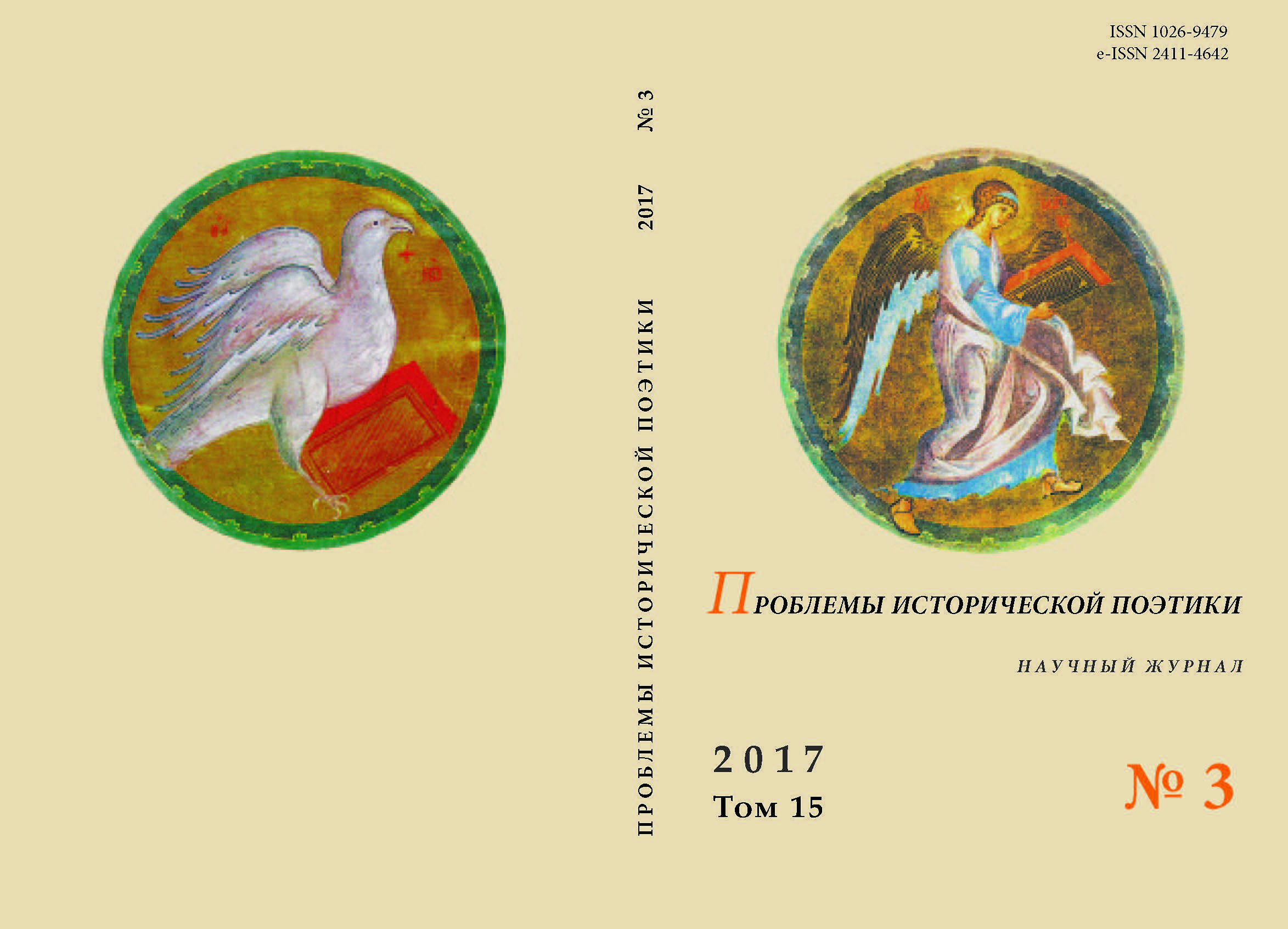ОБРАЗ ПЫЛАЮЩЕГО ВУЛКАНА В СОЗНАНИИ ОЧЕВИДЦЕВ ПОЖАРА МОСКВЫ 1812 ГОДА
THE BLAZING VOLCANO IN THE WITNESSES’ MINDS OF THE FIRE OF MOSCOW IN 1812
Author(s): Ksenia A. PotashovaSubject(s): Language and Literature Studies, Literary Texts, Fiction, Studies of Literature, Russian Literature, Philology
Published by: Петрозаводский государственный университет
Keywords: Russian poetry; an image; a motif; volcanic eruption; the flood, eschatology; French invasion of Russia;
Summary/Abstract: A deep concentration and attentive listening to menacing historical omens manifested in nature, determine the ideas and feelings of the poets — contemporaries of the Patriotic War of 1812. Two large European volcanoes woken up in 1811—1812 — Vesuvius and Etna — were seen as a terrible presage, a natural harbinger of a historical catastrophe. Appealing to the image of an erupting volcano, poets saw the reason that entailed the sequence of world upheavals, the crush of spiritual values. The clergymen encouraged repentance and an appeal to God’s help. The rage of the erupting volcano was represented by poets as a certain moral lesson — the storming nature forces a person to turn regard on the sky and to think of readiness for death. As a result, the article came to the definition of a religious meaning of the motif of the erupting volcano in Russian poetry at the beginning of the 19th century.
Journal: Проблемы исторической поэтики
- Issue Year: 15/2017
- Issue No: 3
- Page Range: 21-34
- Page Count: 13
- Language: English, Russian

